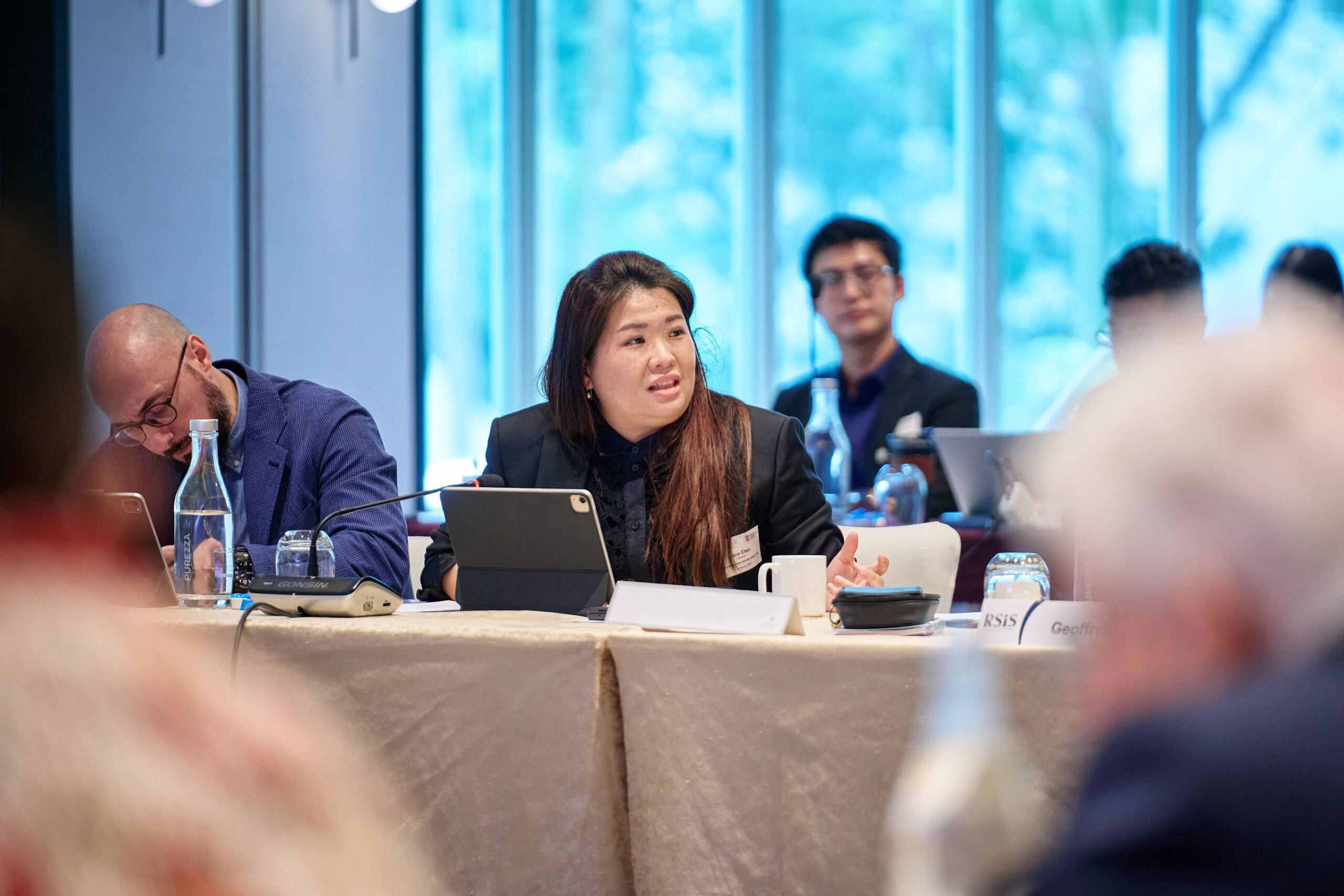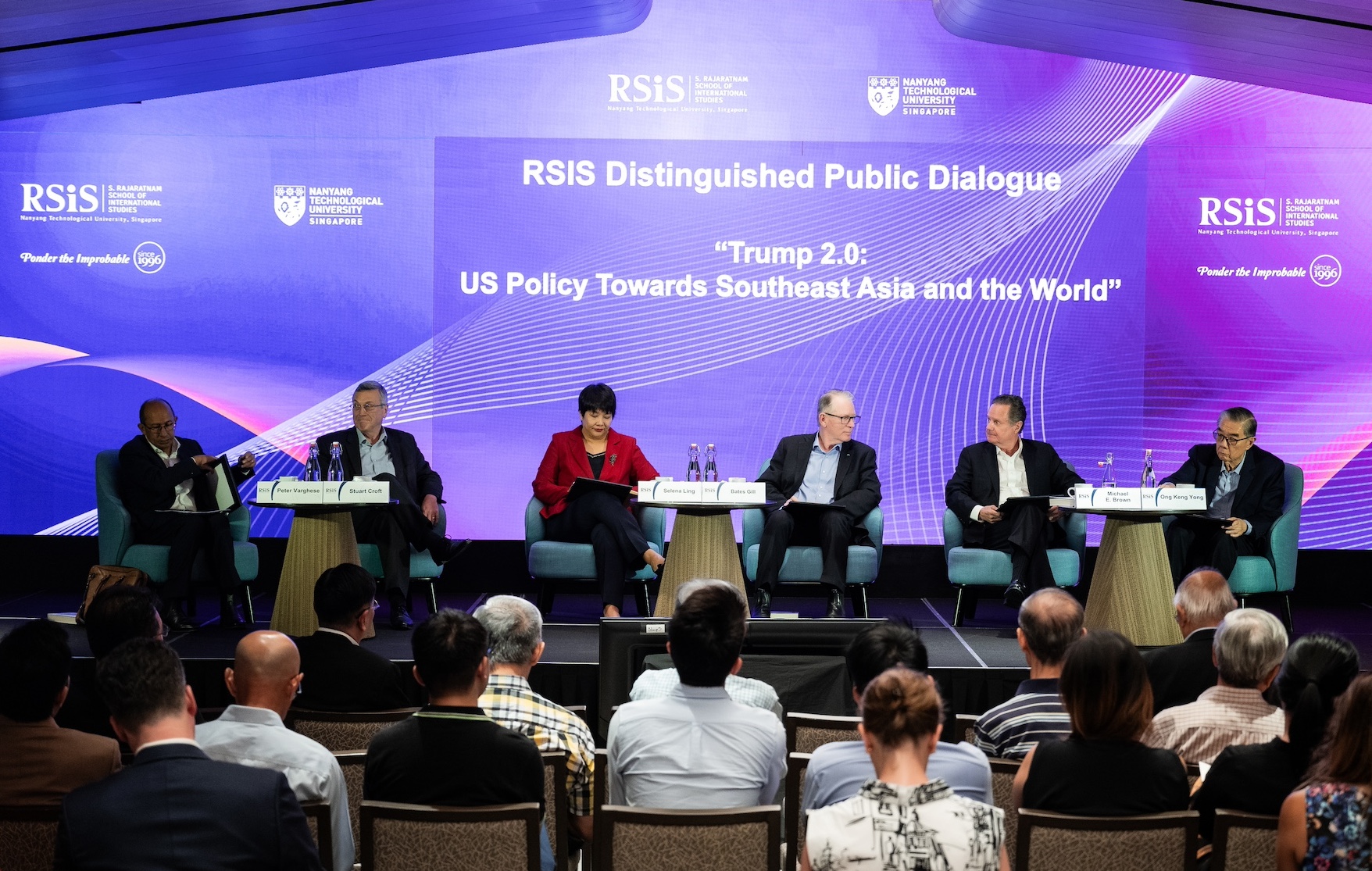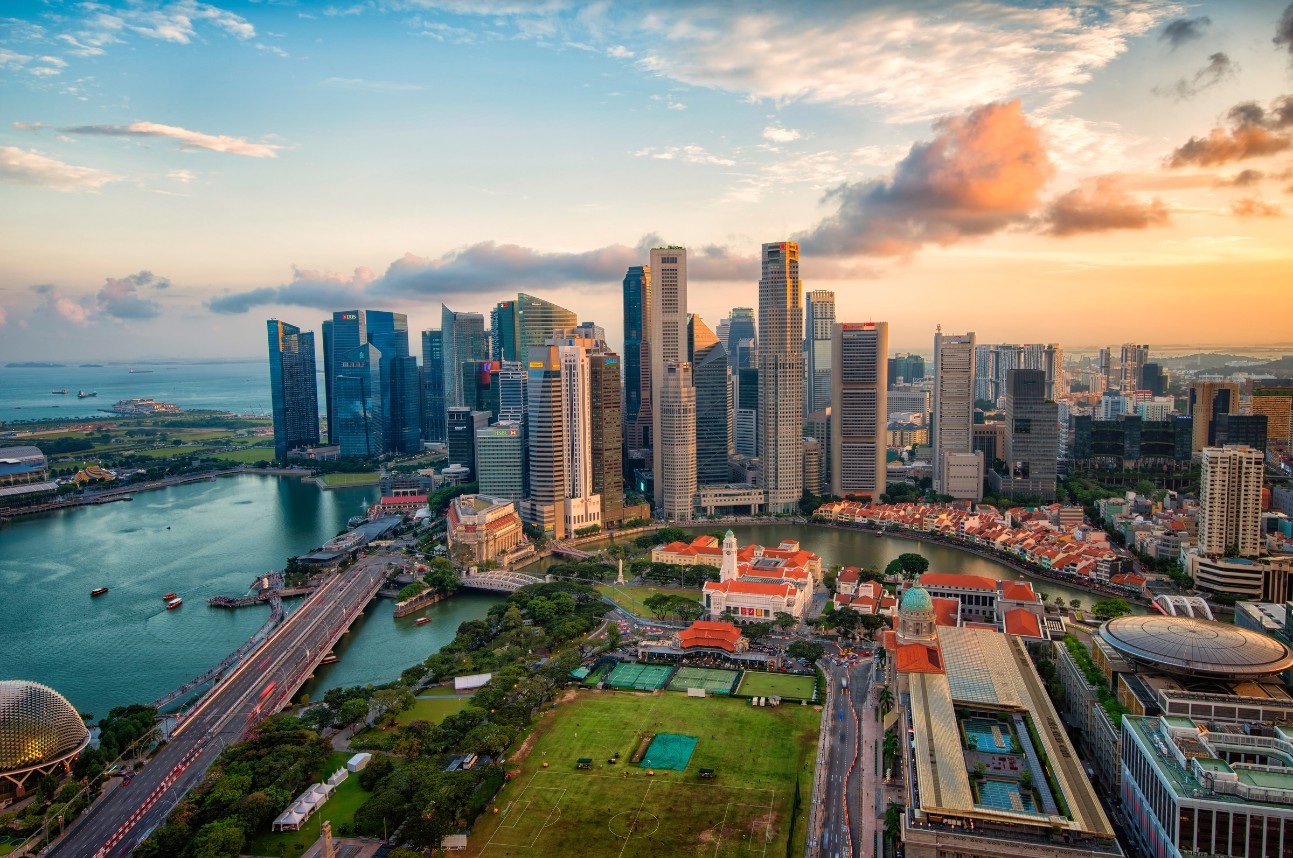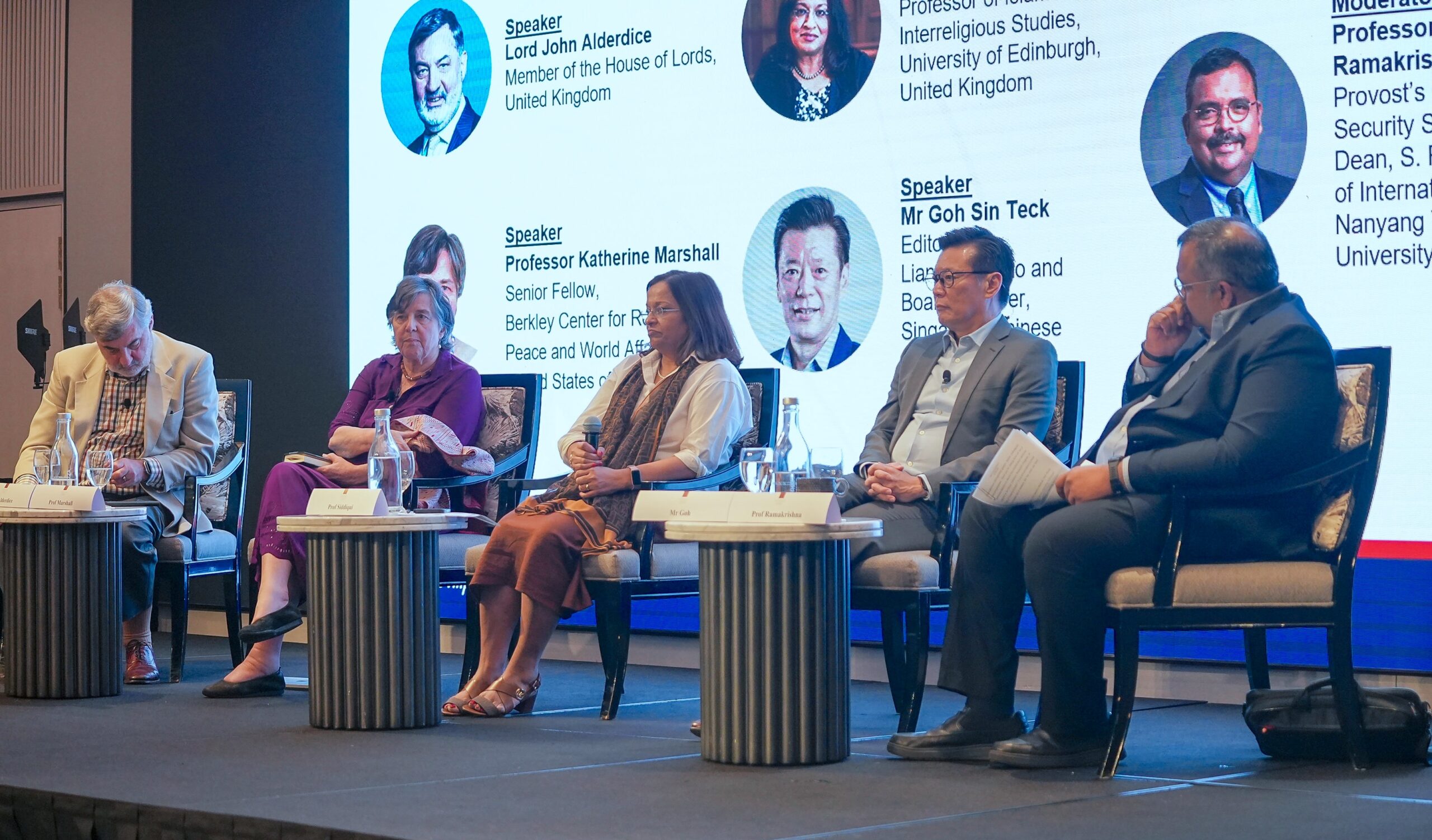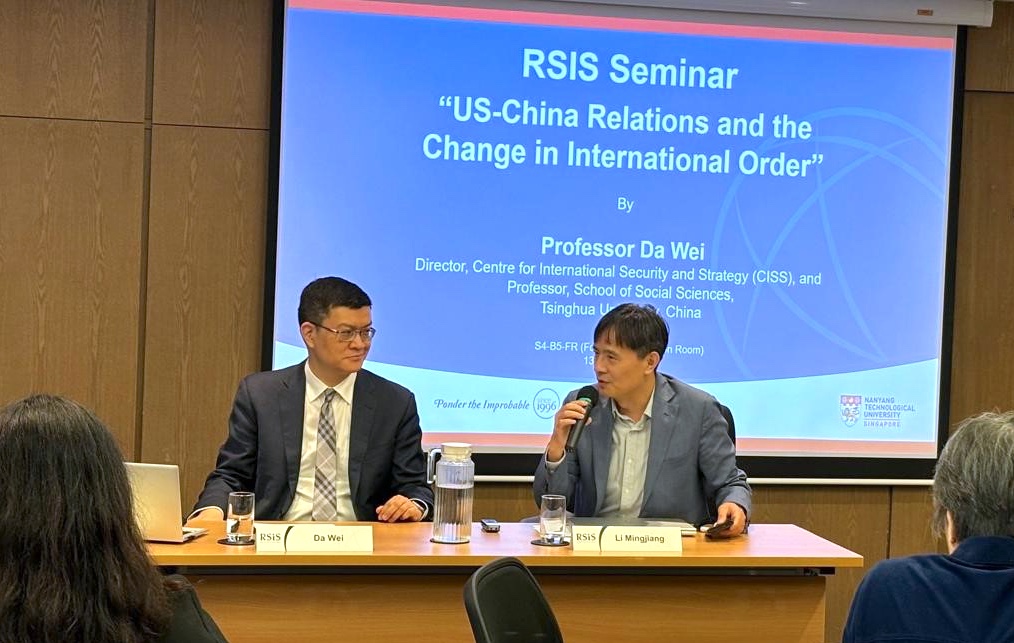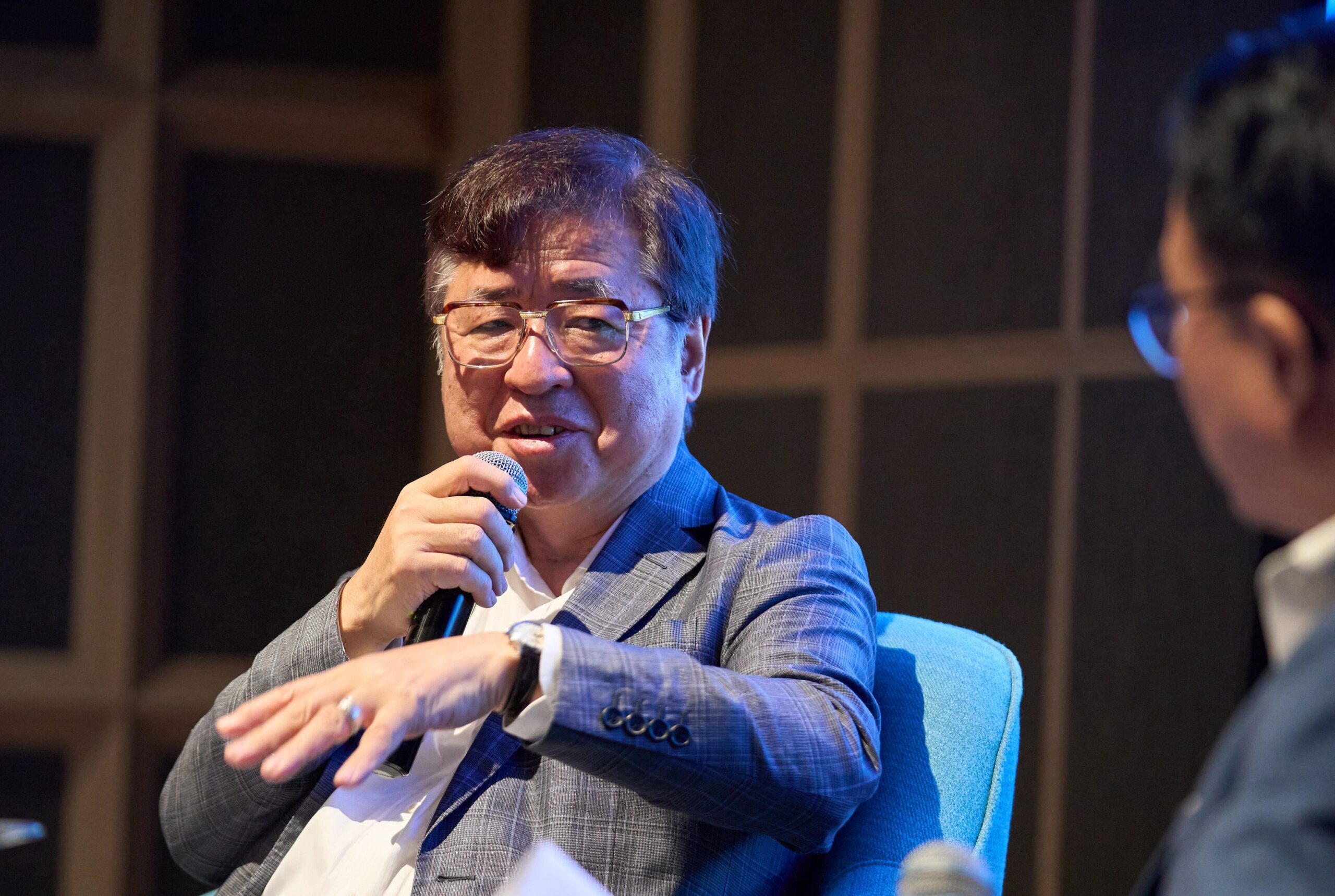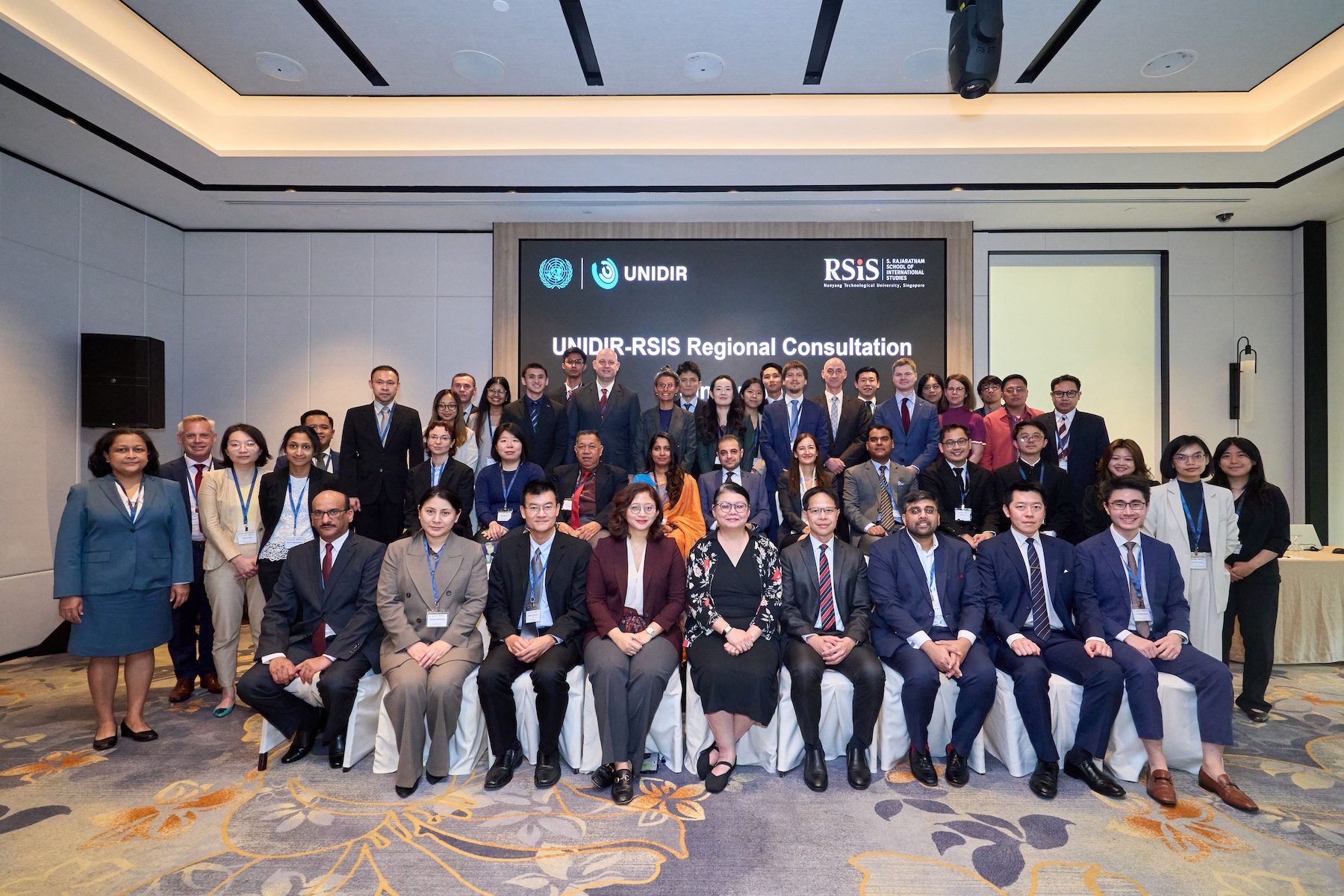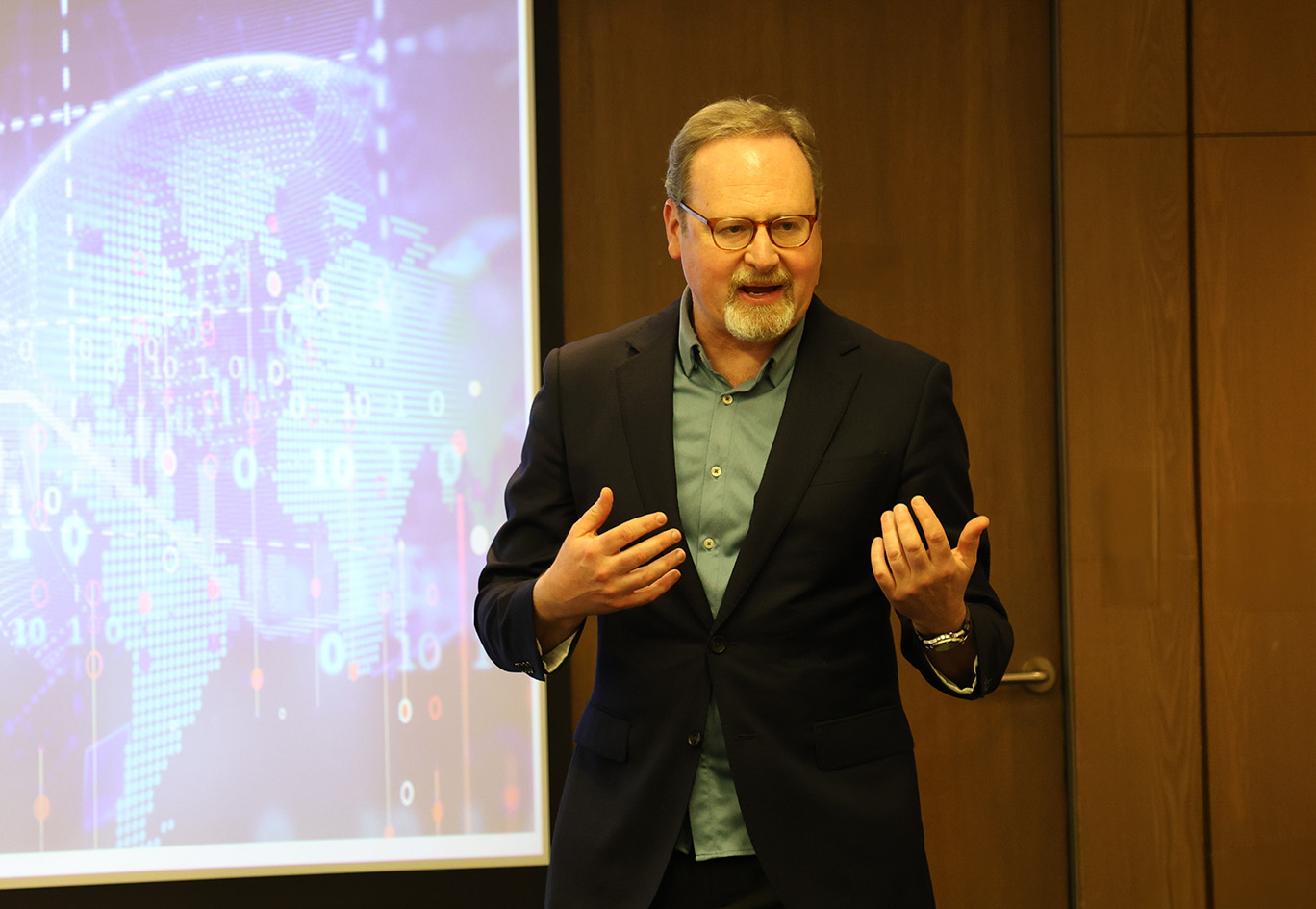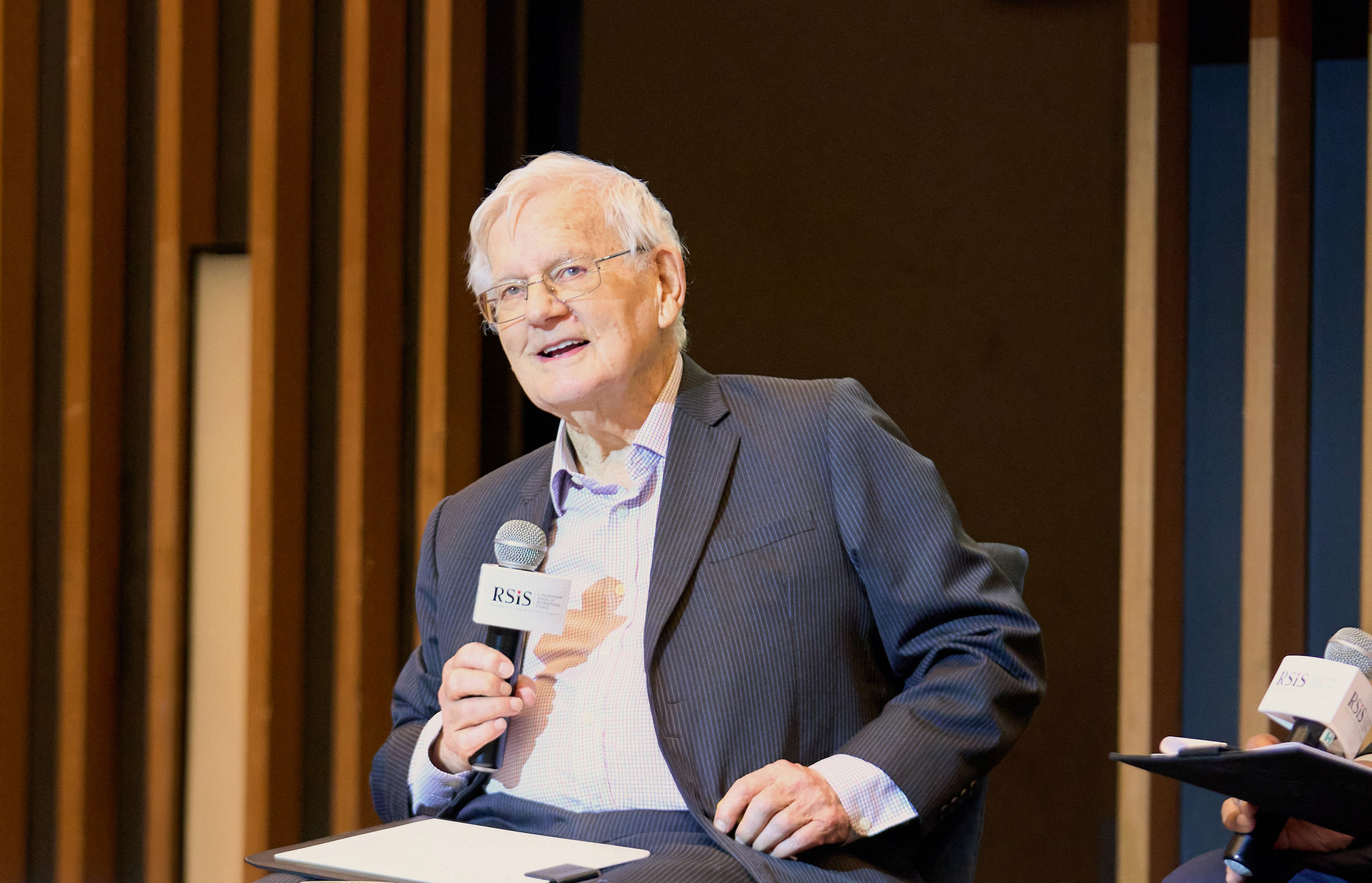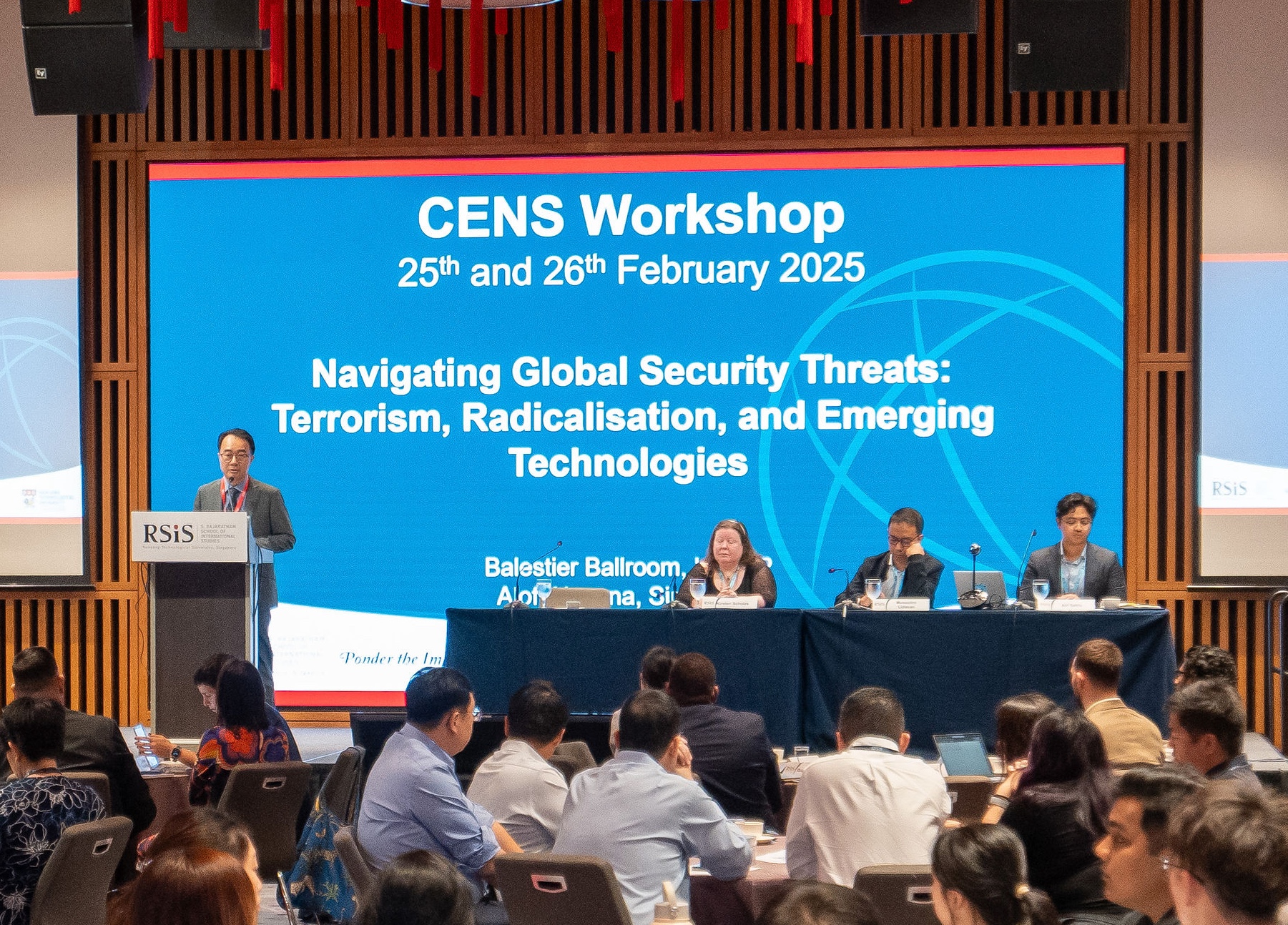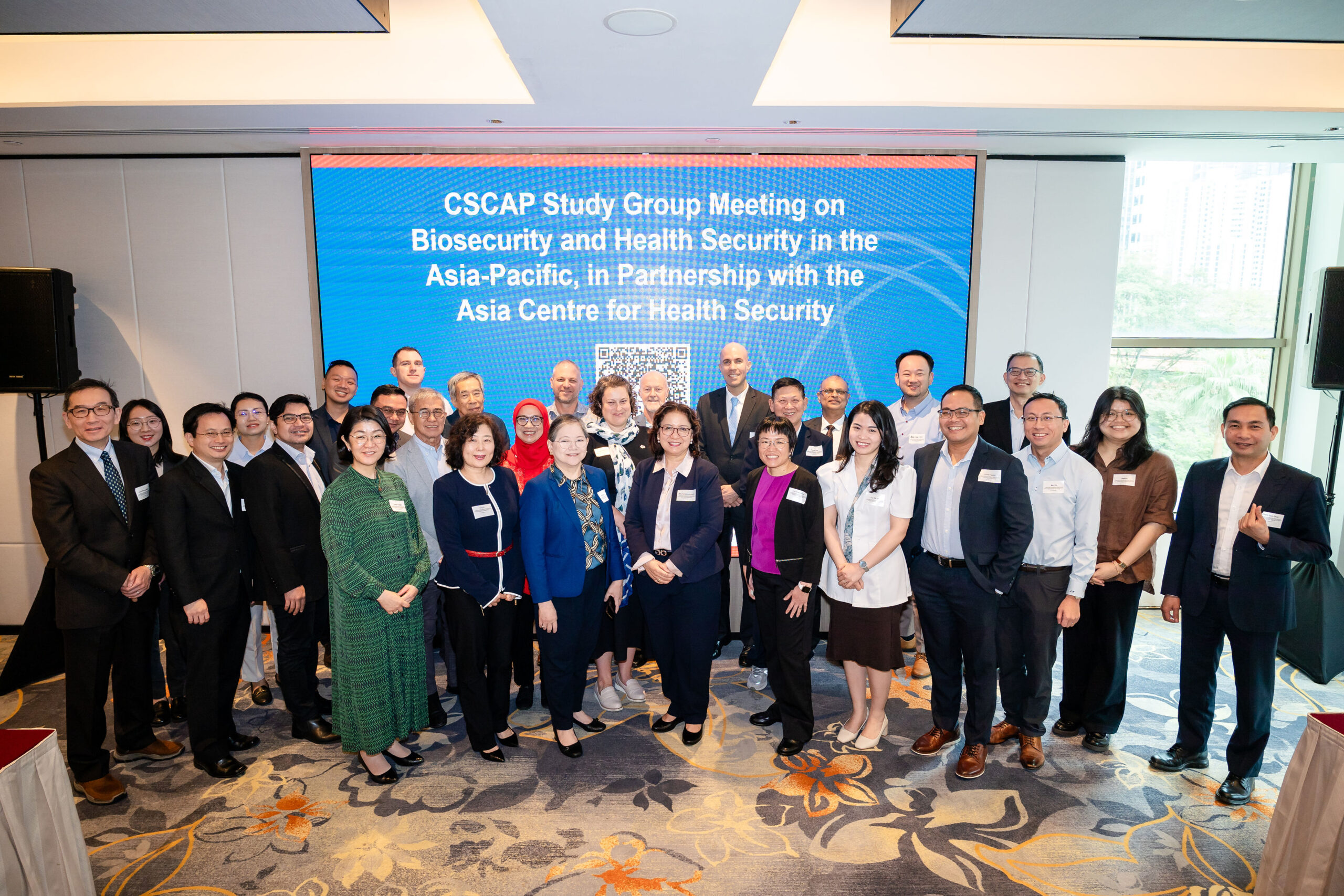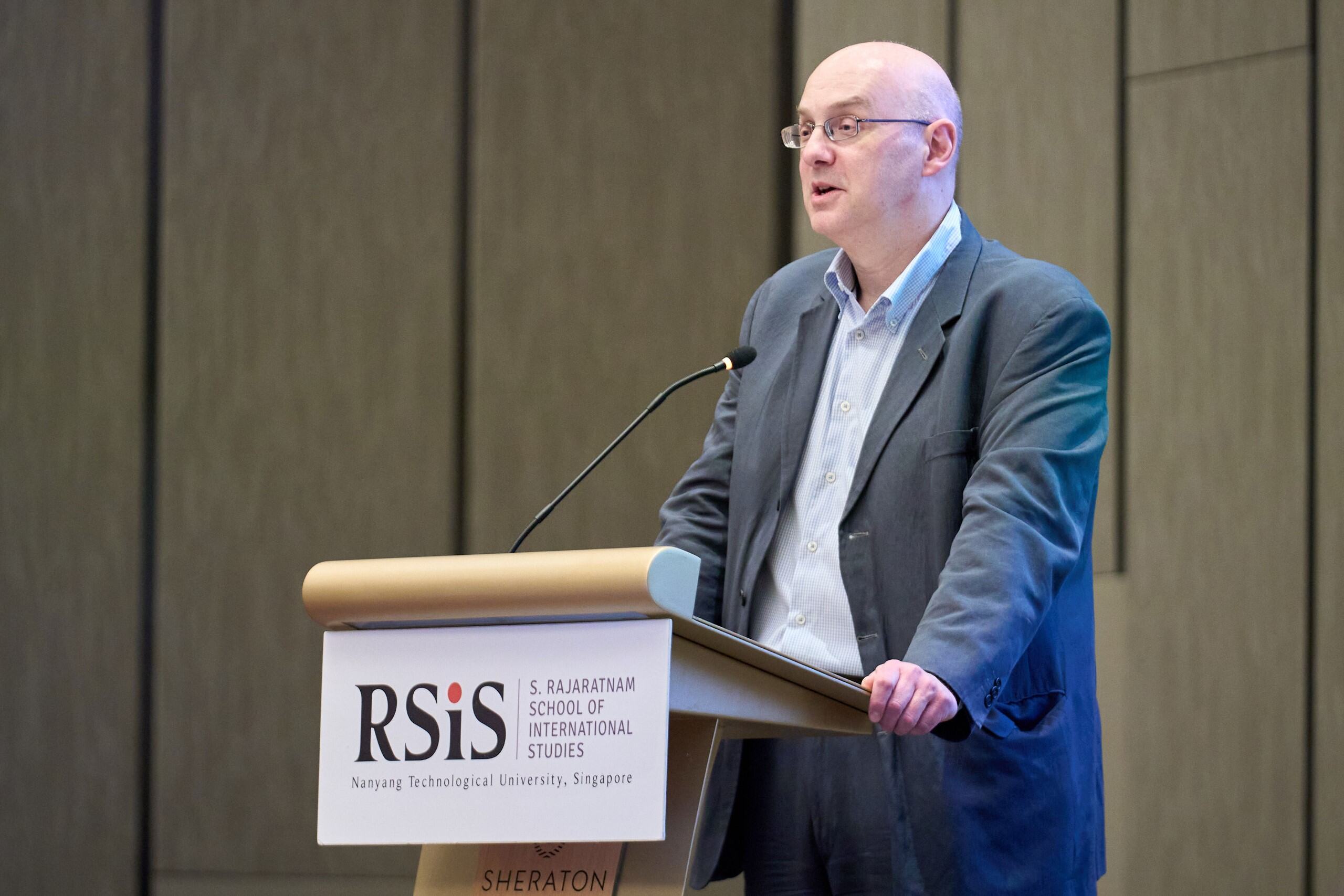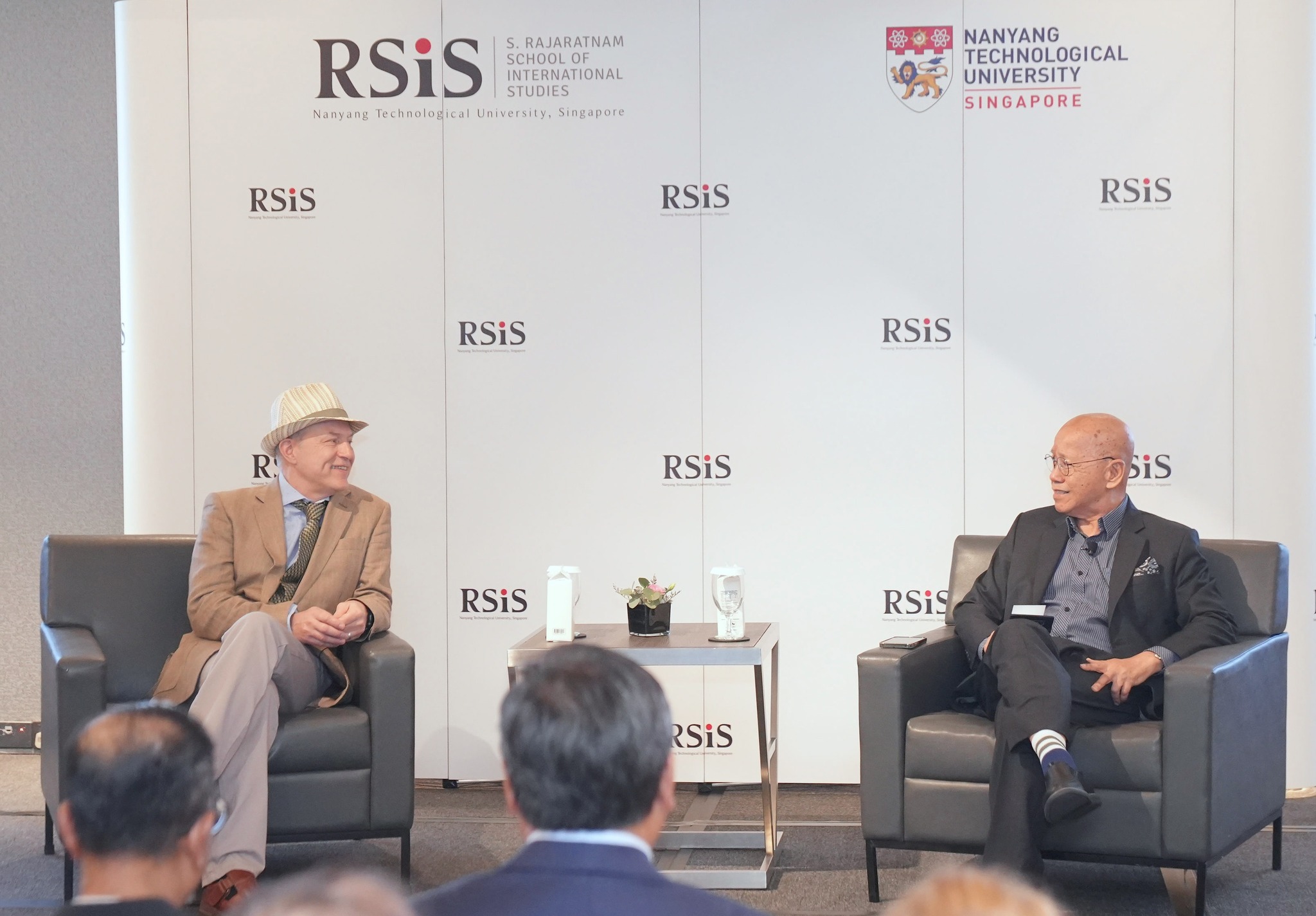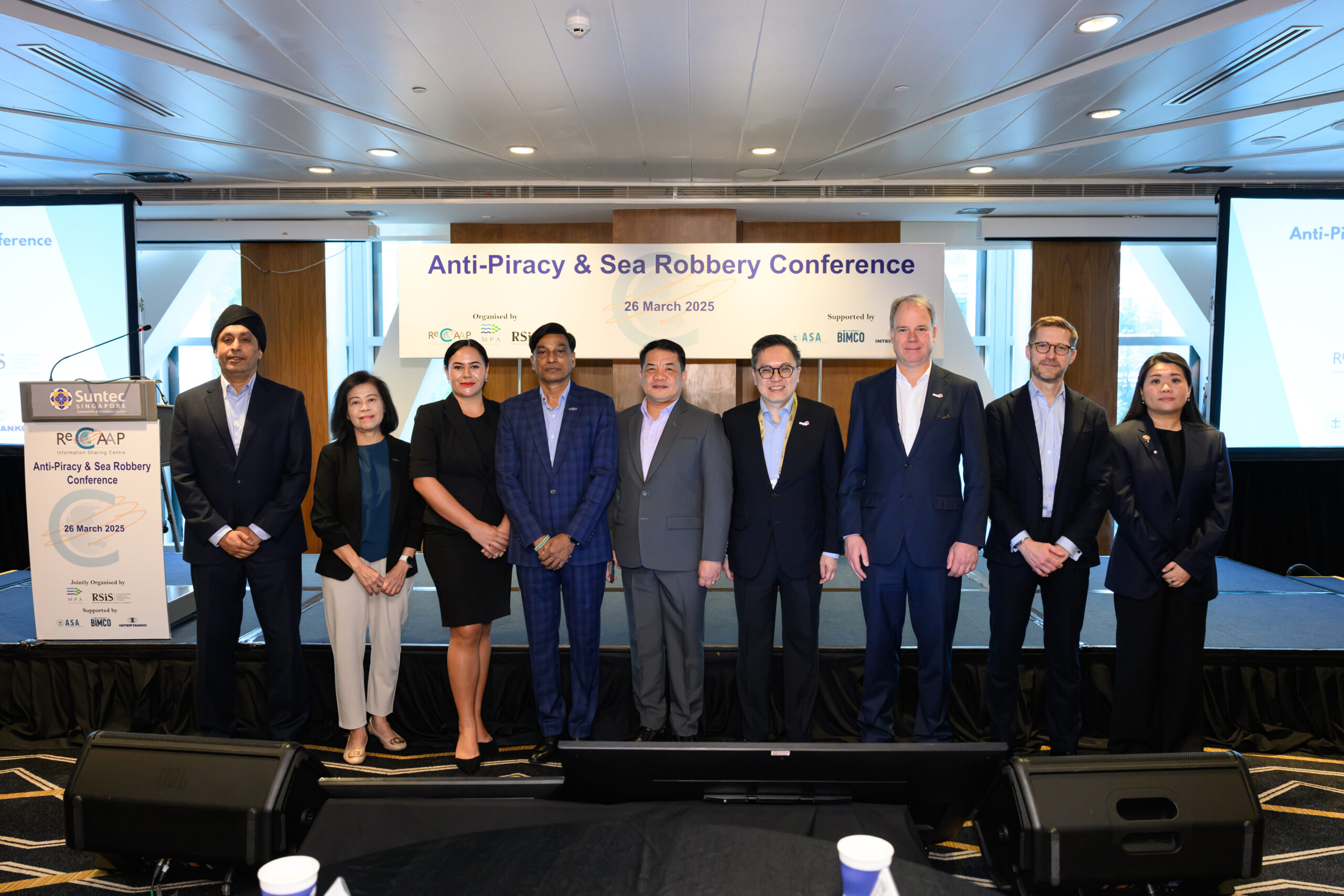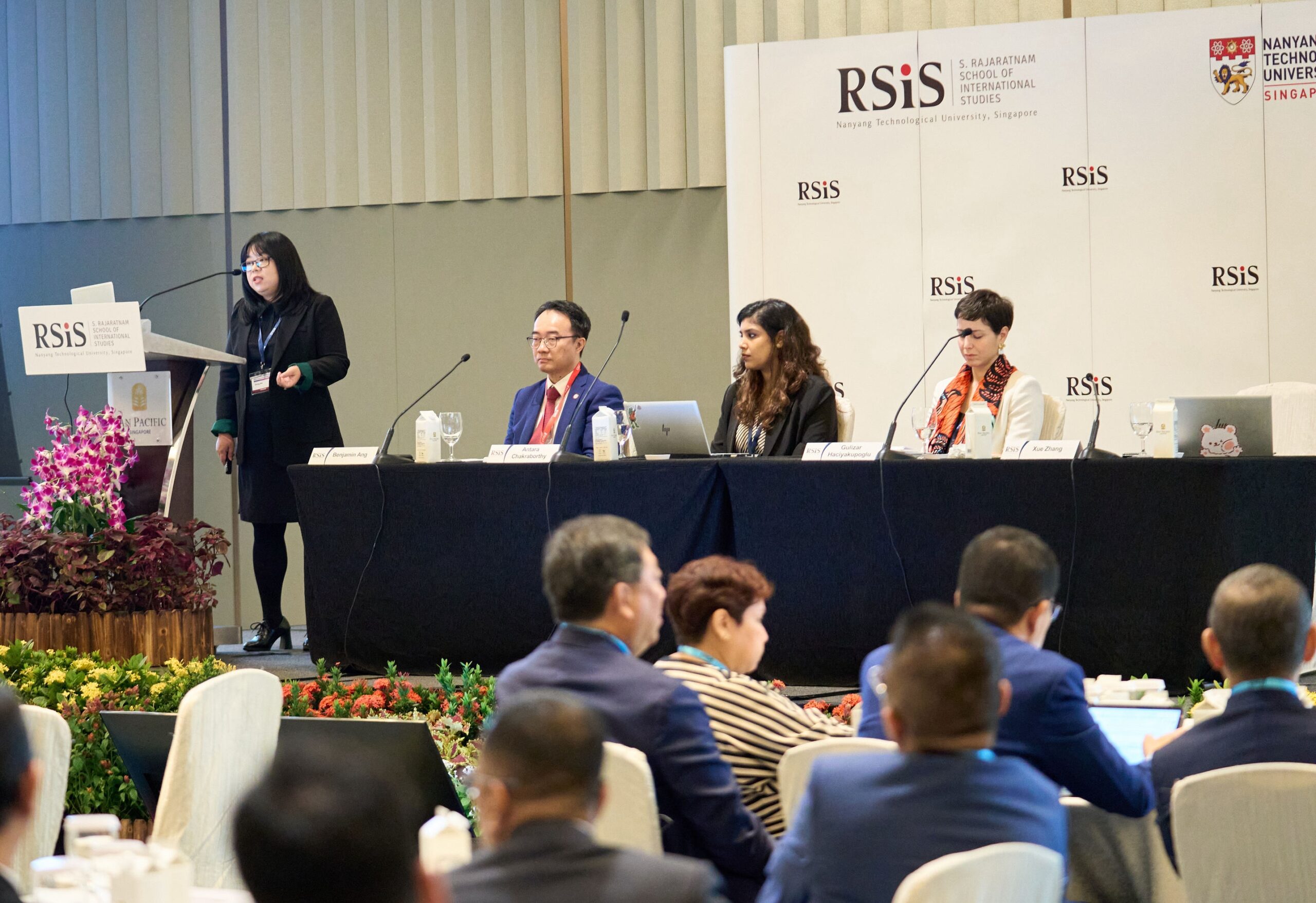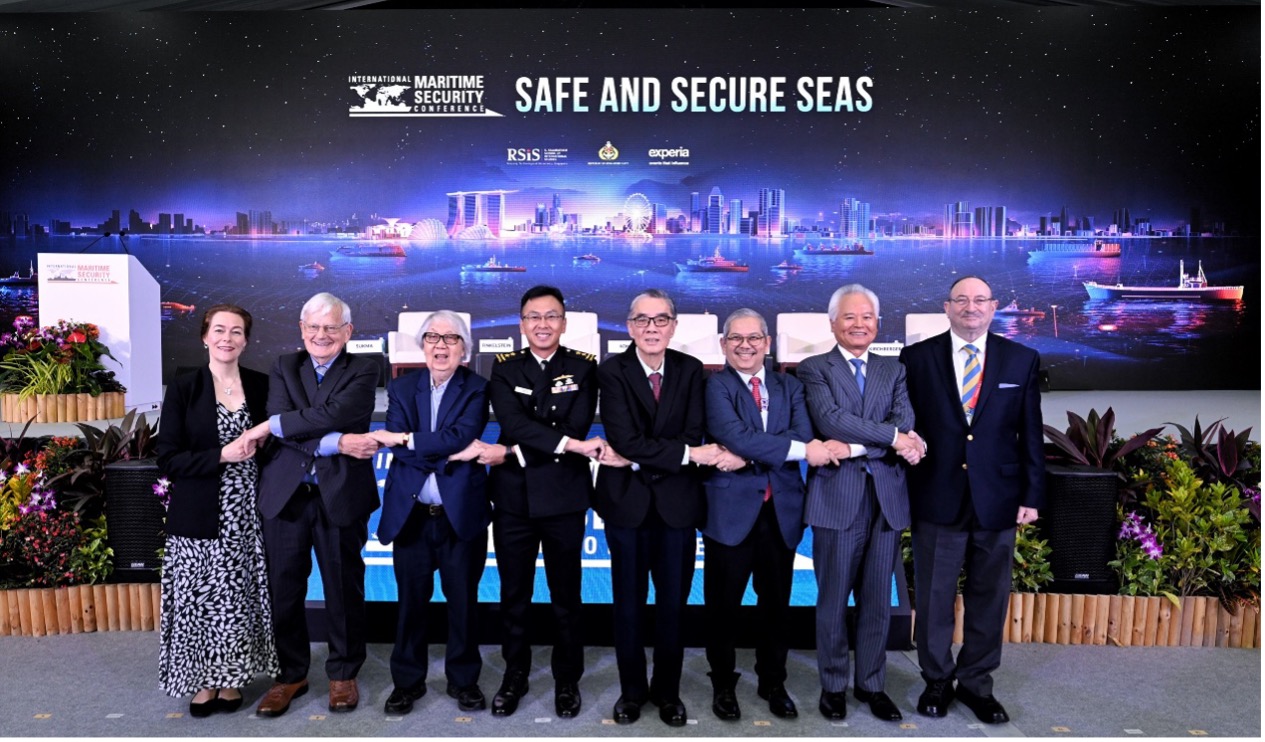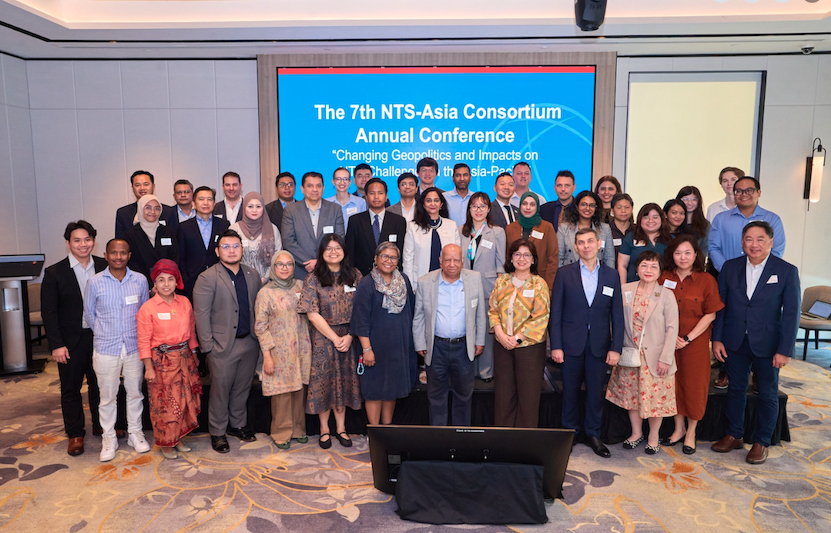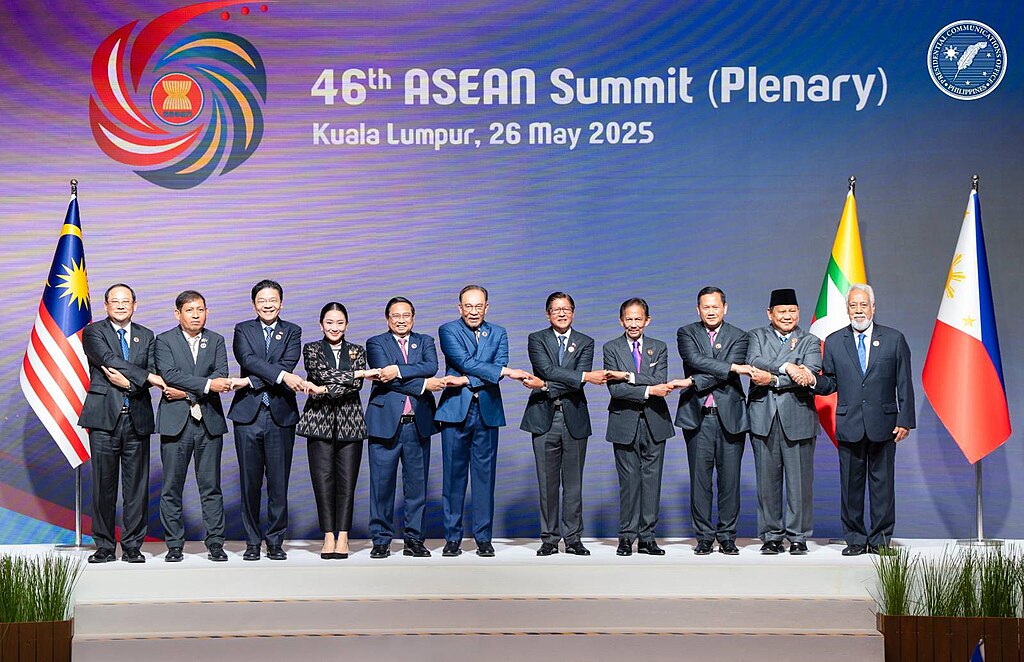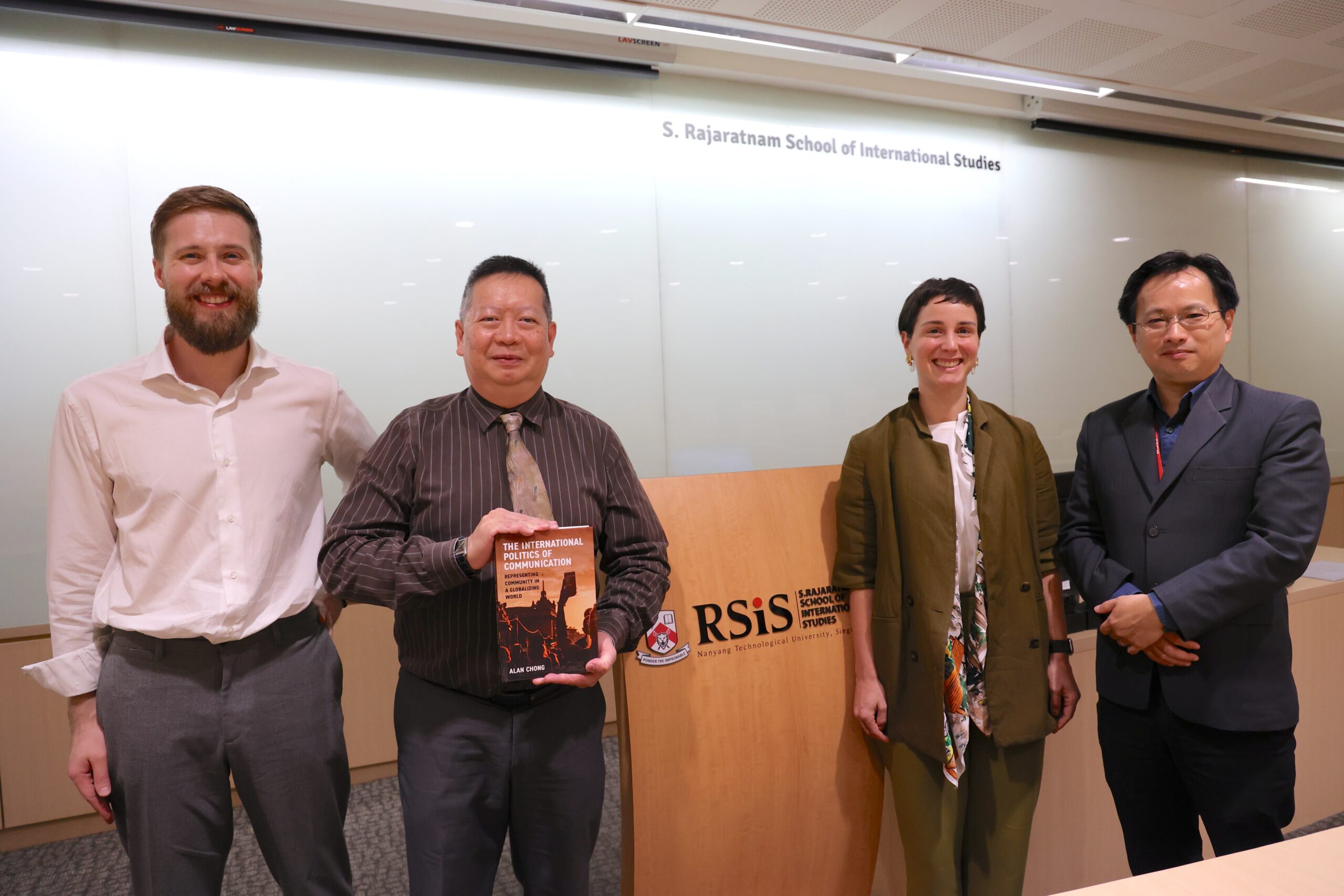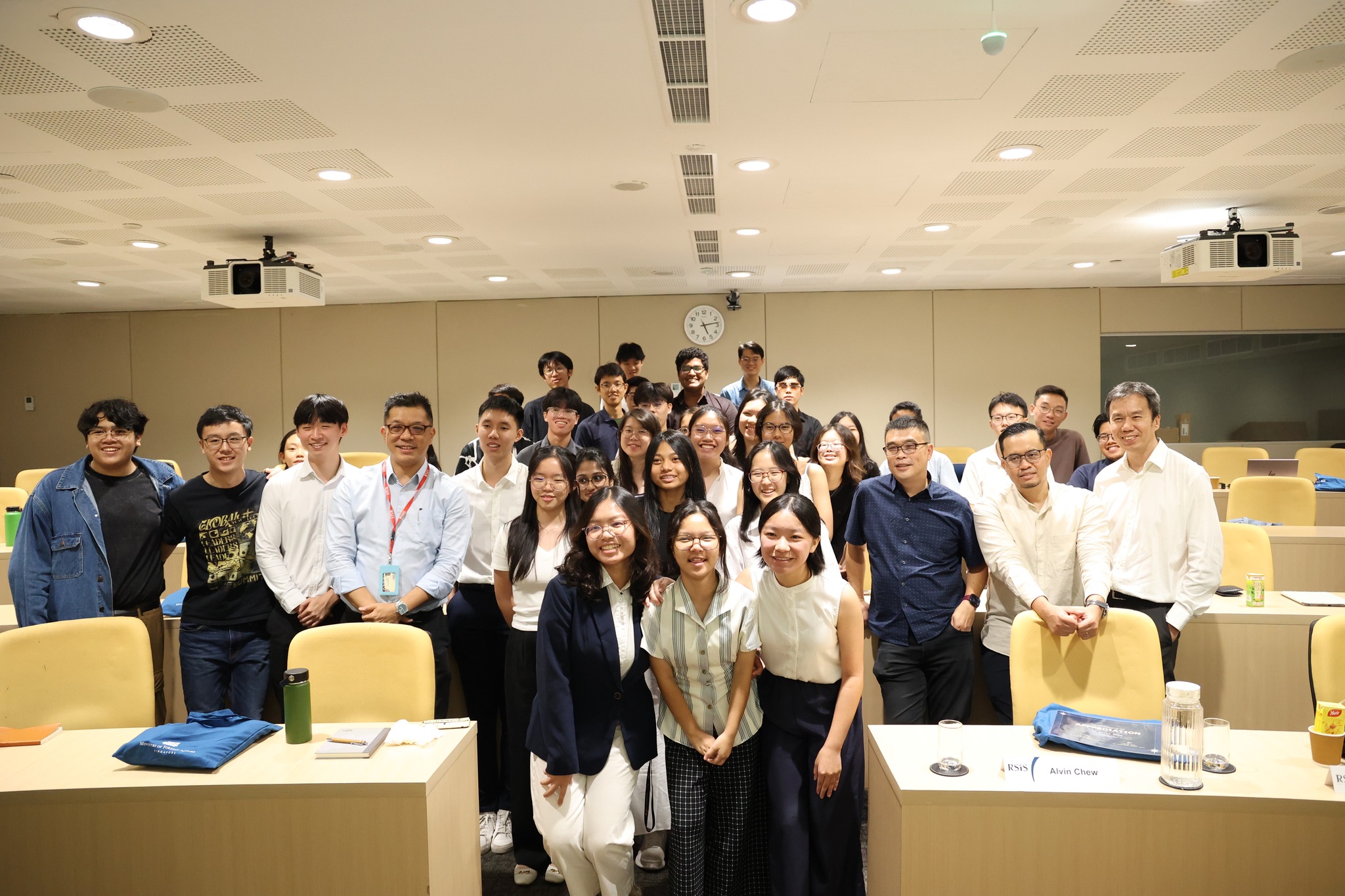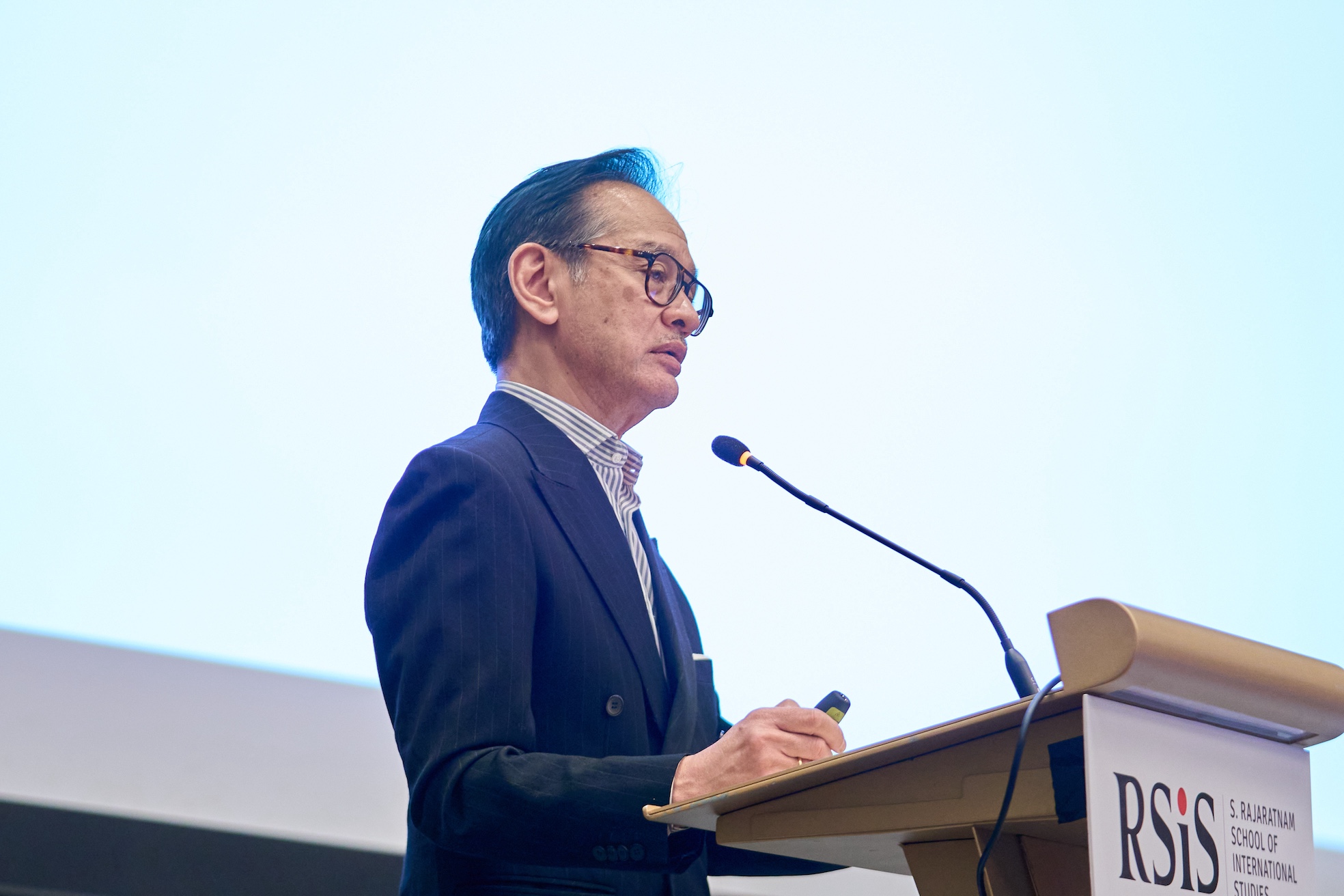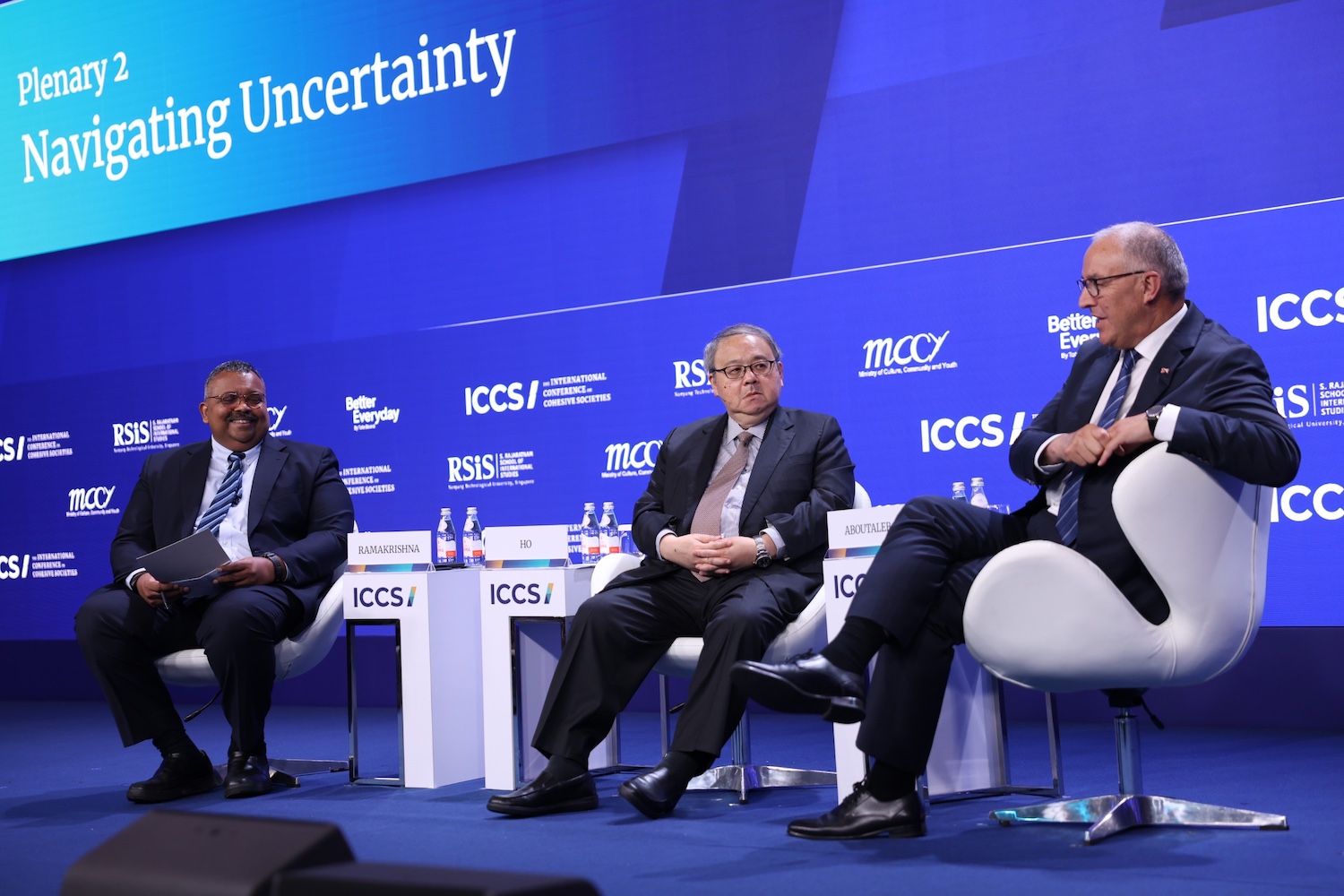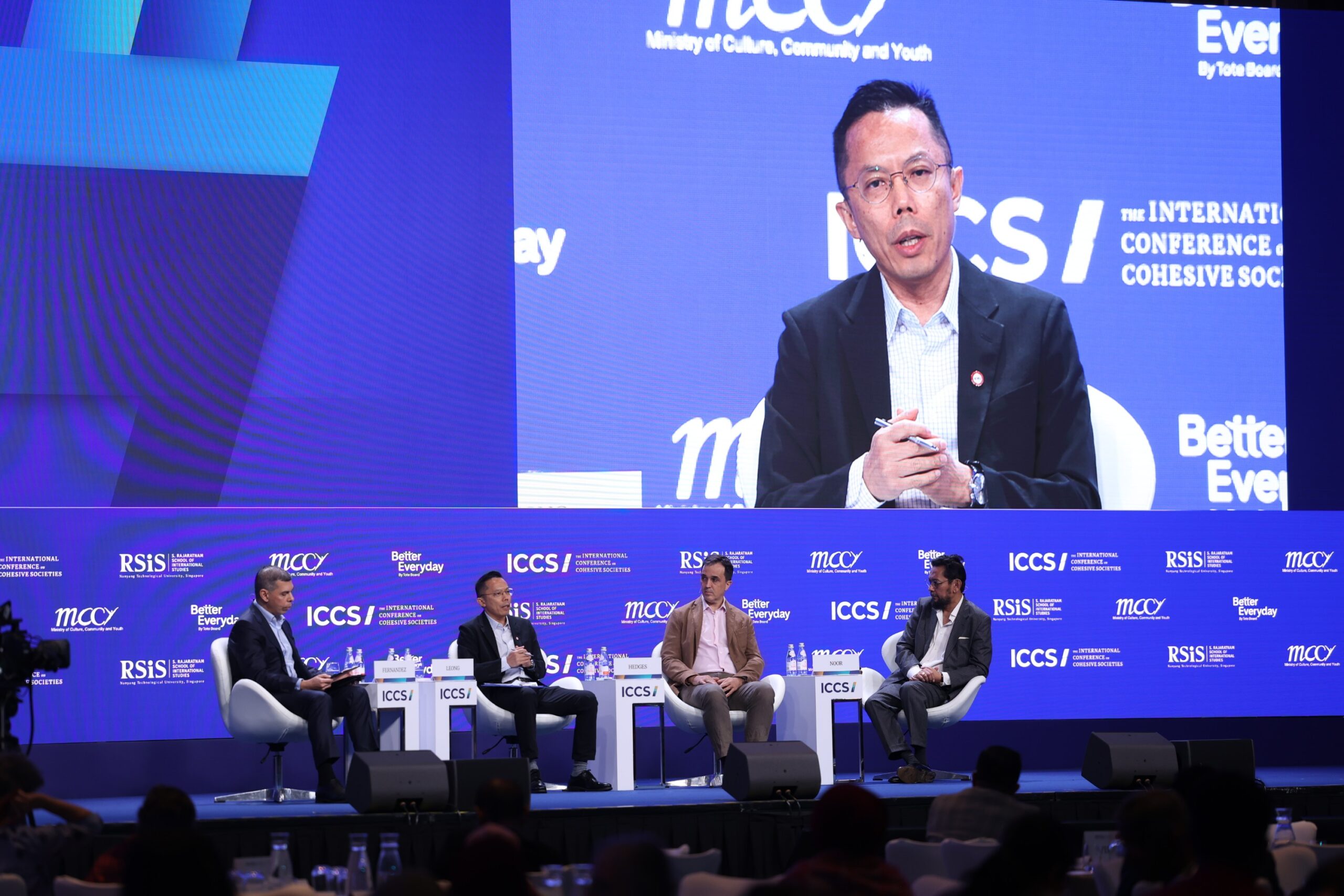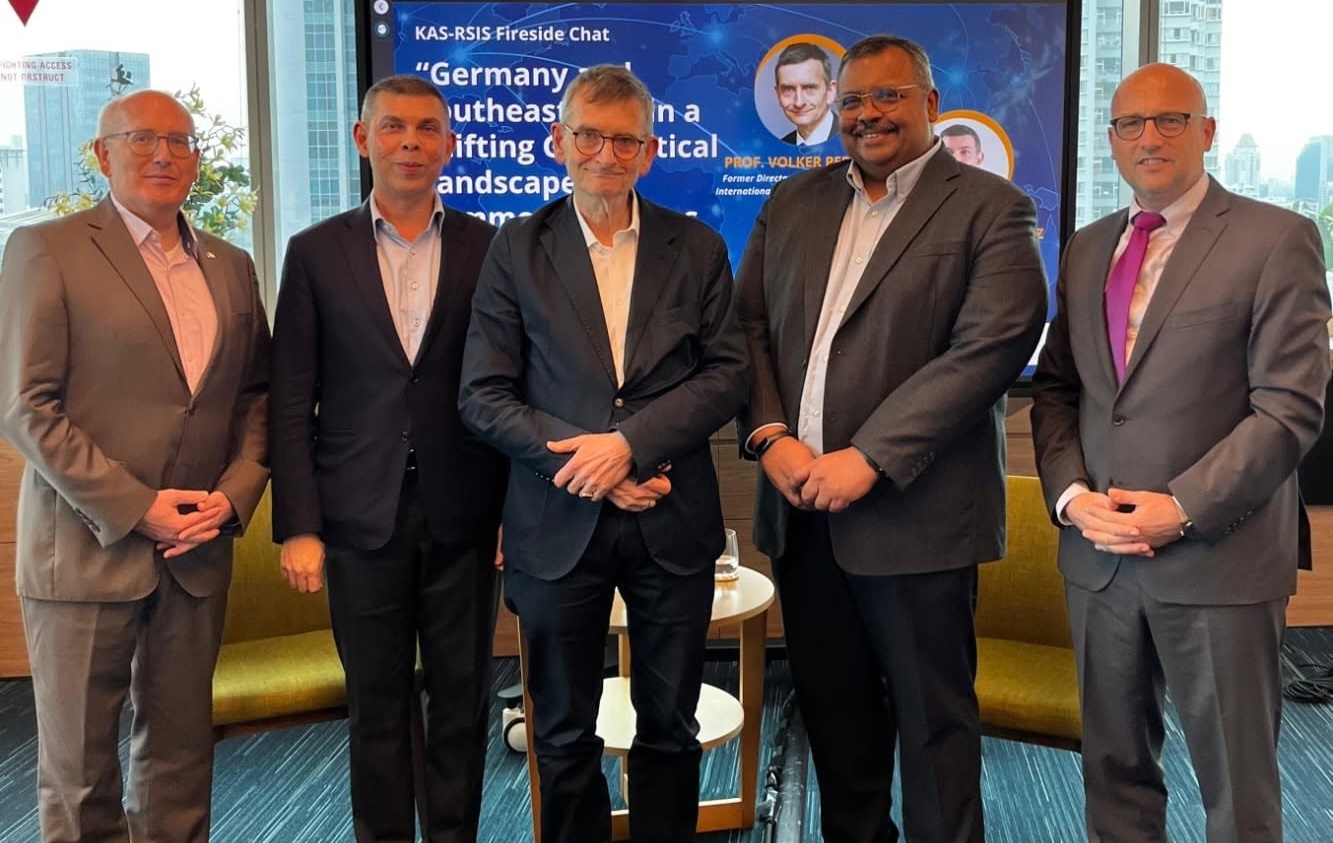
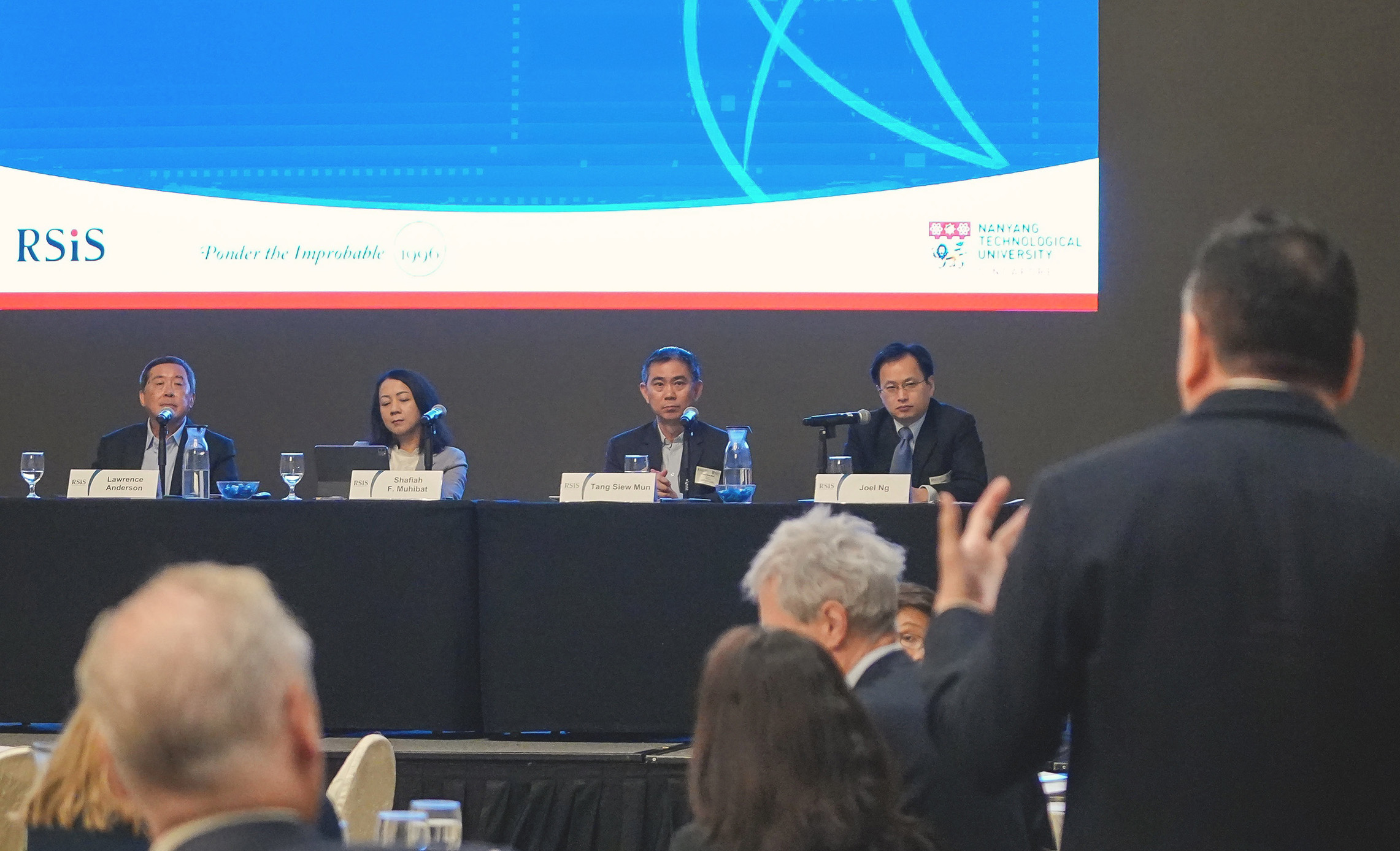
How can ASEAN maintain its resilience amidst internal policy challenges and external pressures induced by great power competition? This question was explored by the Centre for Multilateralism Studies (CMS) at RSIS in its annual workshop held on 27 February 2025. This year’s workshop consisted of three expert panels, each focusing on ASEAN’s role in regional security, digital transformation, and energy resilience. More than 80 guests from the government, academe, the diplomatic and business communities, and civil society attended the workshop.
The first panel explored ASEAN’s role in the changing regional security architecture. Panellists explained that while ASEAN continues to be a major foreign policy pillar for its member states, its relevance in regional security will depend on how successful ASEAN will be in maintaining strategic autonomy amidst great power strategic rivalry. They emphasised that mechanisms like the East Asia Summit and the ASEAN Regional Forum should be leveraged to foster engagement with ASEAN’s external partners. Despite declining trust between states and the rise of minilateral security arrangements, ASEAN should continue its role as a convenor of dialogues to manage internal disagreements and effectively navigate relations with the great powers.
The second panel discussed ASEAN’s continuing efforts in digital integration. The discussion revolved around the ASEAN Digital Economy Framework Agreement (DEFA), the world’s first regional digital economic partnership, which is on track to be finalised in 2025. Panellists highlighted DEFA’s role in fostering regulatory alignment, easing digital talent mobility, and addressing policy challenges such as cross-border data flows, competition policy, and supporting small and medium enterprises (SMEs). This results in a stable digital trade environment which will spur regional economic growth. Panellists also noted how DEFA can enhance national digitalisation strategies to provide digital infrastructure, train a digitally literate workforce, and encourage the growth of digital startups.
The final panel mapped the progress of the ASEAN Power Grid (APG) and discussed how the project supports the region’s transition towards sustainable energy. Panellists pointed out the benefits of the APG, namely economic growth through job creation, energy security by creating a stable supply, and decarbonisation via the introduction of renewable energy sources like solar and hydropower. The APG’s goals complement Singapore’s ambition to reach net zero carbon emissions by 2050. To manage challenges in operation, coordination, and financing, panellists suggested creating regulatory institutions or working groups that would oversee the APG’s operation, and to also seek support from the private sector.
An engaging Q&A session took place after each panel presentation, demonstrating the audience’s keen interest in finding pathways for ASEAN to improve regional cooperation and integration at a time when strategic rivalries threaten to impede multilateral cooperation.




